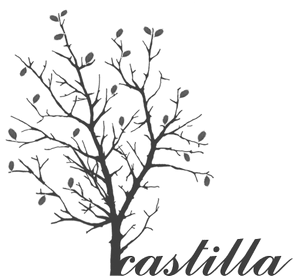The Pretension of the Literary Realism
Abstract
This article asserts that realism is a subject that calls for reflection concerning the vagueness of its nature and the relativity of its concepts. Any text that manages to convey to the reader an awareness of the everyday, factual world is an example of realism: converting it into an artistic work is a sine qua non of the creative process. An attempt is made to show that all realism is fictional, that regardless of the degree of verisimilitude a work aims at it nonetheless works within an atmosphere of extreme artificiality. Canonical works such as Aristotle's Poetics, and the contributions of contemporary thinkers including Jose Ortega y Gasset, Michel Foucault, Jacques Lacan and Paul Westheim are used to help throw light on the nature of this esthetic tendency, and to analyze the relationship between words and things, truth and lies, reality and literature. Treatment of the emergence of the novel is a genre eminently realistic from its inception forms the central point of the article.
Downloads
Downloads
Published
Issue
Section
License
The articles published at Castilla. Estudios de Literatura will have a Creative Commons Attribution 4.0 International License (CC BY 4.0).
The authors continue as owners of their works, and can republish their articles in another medium without having to request authorization, as long as they indicate that the work was originally published in Castilla. Estudios de Literatura.



